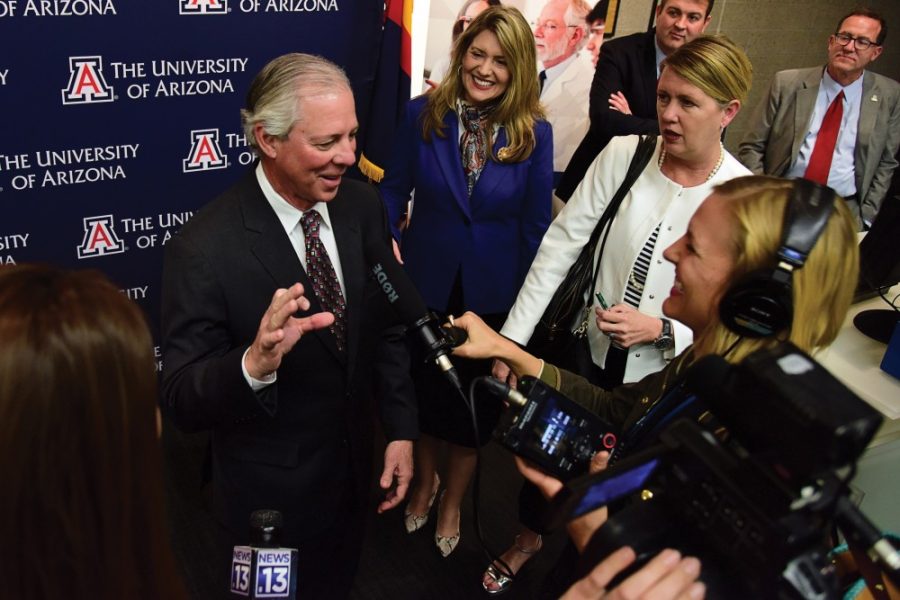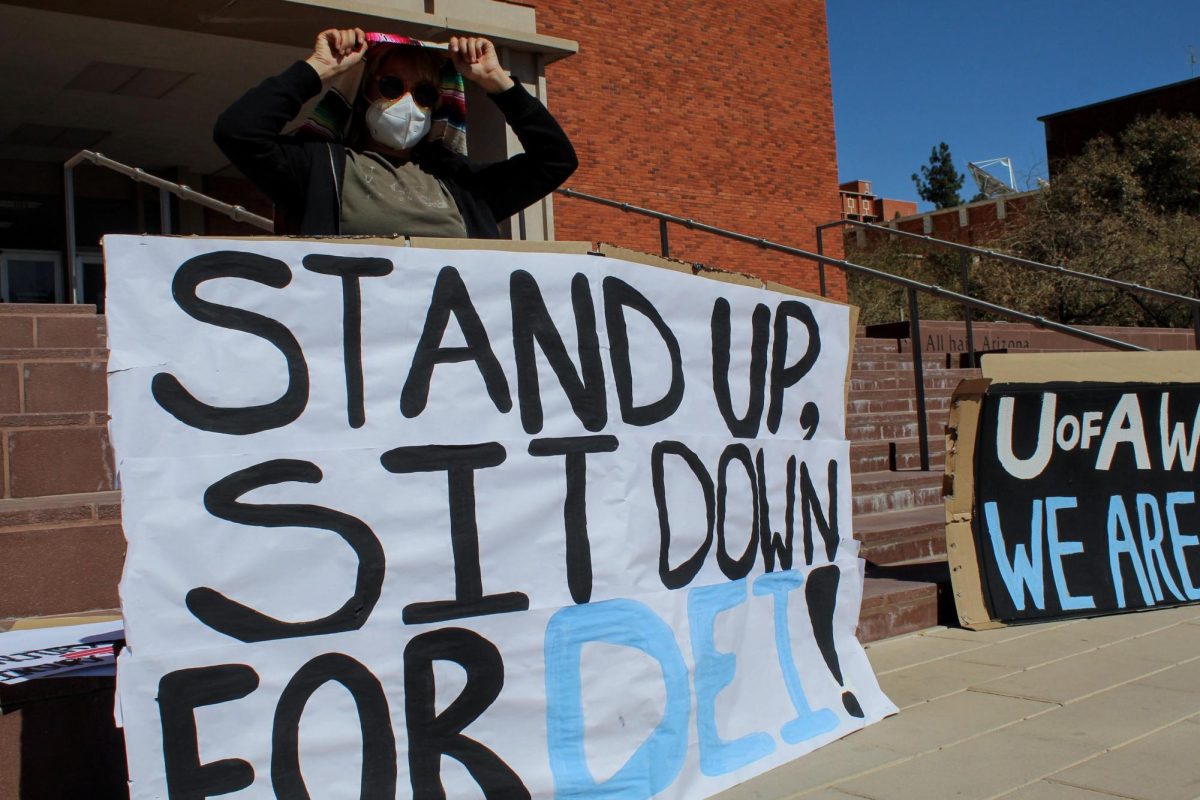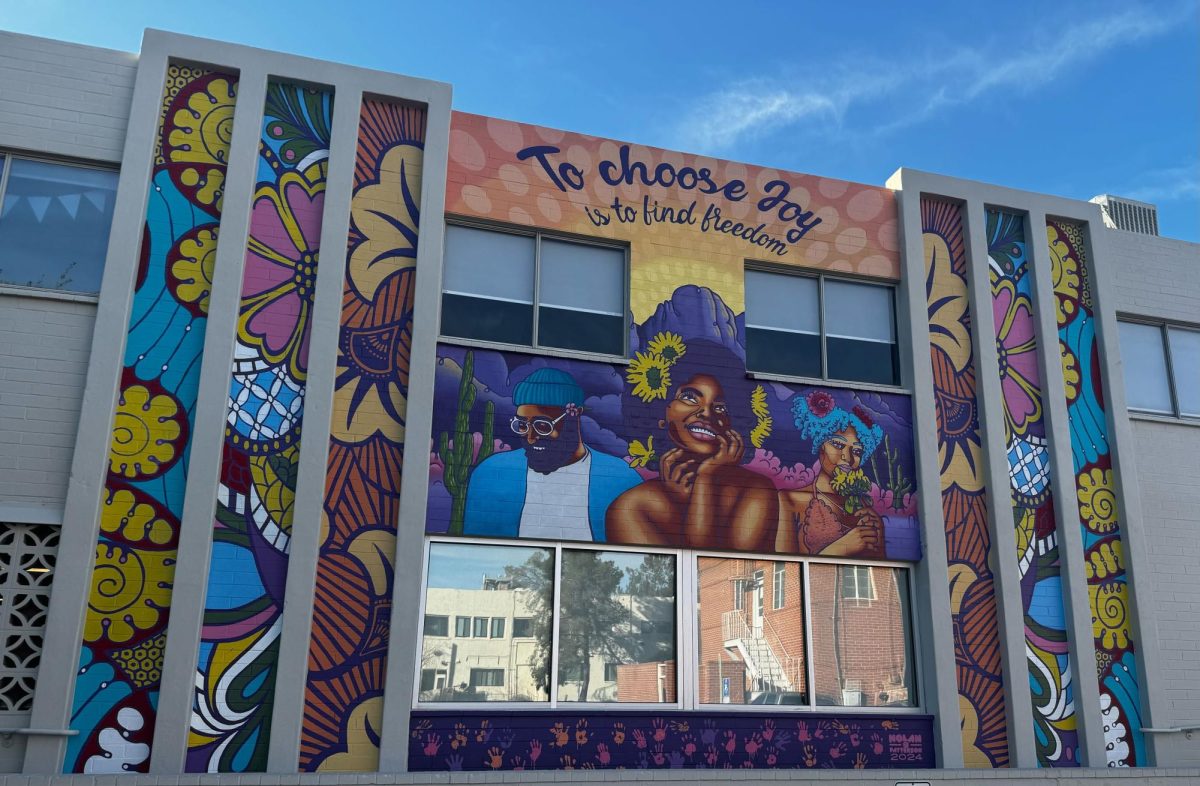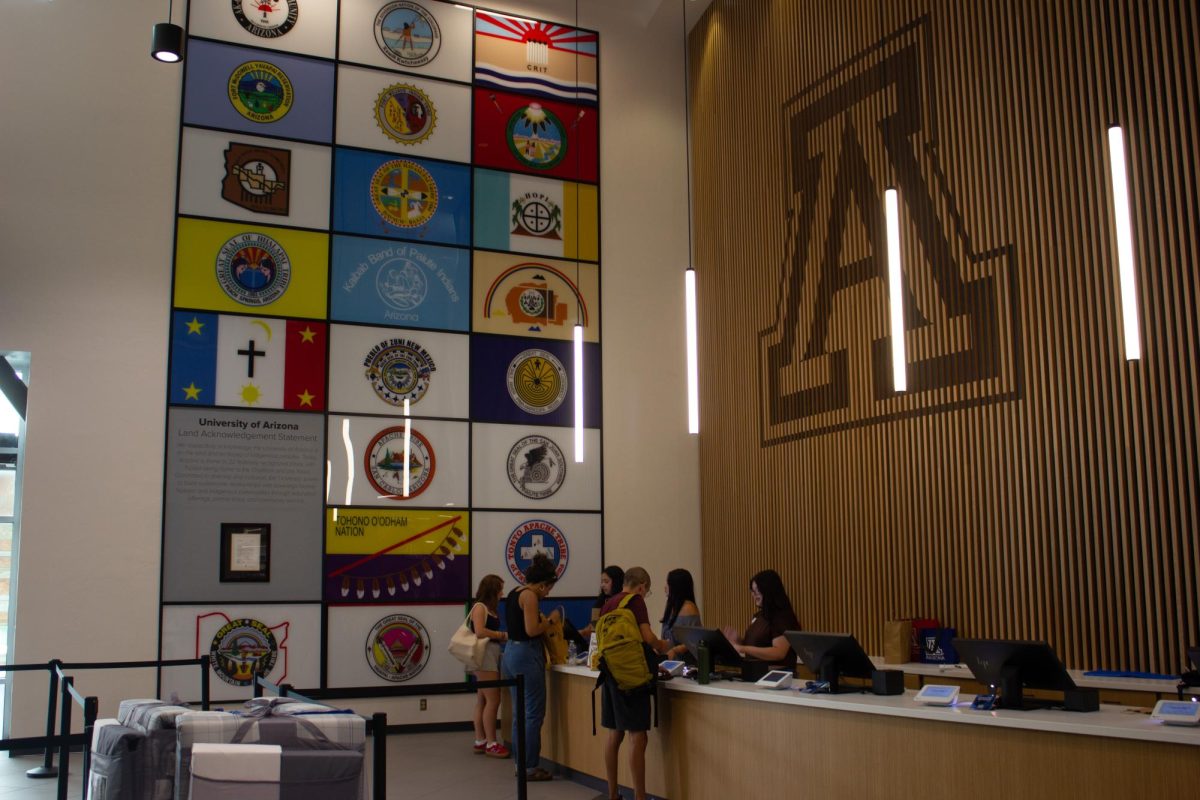Closed UA presidential search raises questions over selection process
The Arizona Board of Regents approved Dr. Robert Clayton Robbins as the new UA president, following President Ann Waver Hart’s decision to step down.
While the search ultimately came down to two finalists, dozens were considered during the search committee’s process.
From the committee’s first meeting, secrecy became a theme as several stakeholders from the university and Tucson community deliberated the qualities to look for in selecting the next UA president.
The board came under fire after the Daily Wildcat uncovered that the committee may have acted in violation of a 1991 Arizona Supreme Court Case involving the 1989 Arizona State University presidential search.
The court determined that once the regents interviewed a candidate, their name is to become public. This year’s search committee released just two names.
Robbins will begin his tenure as the state’s highest paid president at the start of June with an annual compensation package of nearly $1 million.
He is currently the president and CEO of the Texas Medical Center in Houston. However, Robbins will depart from this position when his three-year UA contract begins.
Hart, whose contract expires in 2018, received heavy backlash when her paid board position for DeVry University surfaced, producing widespread uncertainty regarding her dedication to the UA.
Hart will stay at the university as a College of Education faculty member following a year-long sabbatical.

Brother Dean’s kicking scandal results in temporary boot off campus
Dean Frederick Saxton, a self-proclaimed pastor otherwise known as Brother Dean, was taken to the Pima County Jail last year and charged with a misdemeanor assault for kicking a female UA student. He was banned from campus for a year to the date, Sept. 20, 2016.
Saxton, who regularly targets individuals and distinct groups of people, was shouting slurs on the grassy hill in front of the administration building when a female student approached him. The situation escalated when Saxton allegedly kicked the victim in the chest.
Although Saxton told police the student “approached him in aggressive manner,” witnesses and the female victim reportedly said otherwise.
The infamous “street preacher,” whose one-year probation will come to an end early next semester, is known for causing an uprising of public emotions with his derogatory speeches about sexual orientation, Islam, race and women in general.
Last year, Saxton was hospitalized for a head injury in April after a female Apollo High School student attacked him with a baseball bat in Glendale, where he was preaching near the school.
Upon Brother Dean’s return, the question is whether his shenanigans continue as usual or if he finds new composure as the result of his hiatus.

Honors college complex in the midst of legal and community concerns
The UA teamed up with American Campus Communities to construct a multistory off-campus honors college complex, north of Speedway Boulevard near McClelland Hall.
ACC, a Texas-based developer, currently owns Entrada Real in Tucson and developed the site of Arizona State University’s Barret, ASU’s honors college.
The honors village has been designed to include a 1,000-bed dorm, two multistory buildings for offices and classrooms, a recreation center and a parking garage between Adams and Mabel Streets and Park and San Rita Avenues.
Critics were apprehensive about the new proposal’s legitimacy and zoning regulations since the site is not within campus boundaries and could easily be mismanaged.
Community members are concerned about future neighborhood disturbances the implemented project could cause. Their fear of being overlooked reportedly stems from the ACC not being forthcoming with them.
While some believe the village complex will isolate UA honors students, the Honors College administration regards the development as a stepping stone toward a better-quality honors experience.

$100 Athletics fee for incoming students gets the go-ahead
The Arizona Board of Regents approves a mandatory $100 athletics fee to go towards Arizona Athletics.
After months of contention surrounding a $200 athletics fee last year, the Arizona Athletics pumped the breaks and revisited their approach on selling students on a semesterly fee to go toward athletics renovations, such as Arizona Stadium.
The new fee will only apply to incoming students. Graduate students will have the option of whether to pay a $50 fee.
However, not all students are on board, notably Graduate and Professional Student Council President Jude Udeozor and Associated Students of the University of Arizona President Michael Finnegan, who lobbied hard against the athletic fee to get it down to its eventual form.
Students will benefit from access to all sporting events, excluding football and men’s basketball, and ZonaZoo will get an additional $40,000 to their budget for game day operations.
The athletics department estimates the fee will garner nearly $3.5 million in additional yearly revenue for general infrastructure improvements. The new income will also allow the department to borrow up to $75 million more, though they may not necessarily utilize that option.
ZonaZoo passes will still cost $175 for men’s basketball and football and $135 for just football.

Trump’s election and executive actions leave questions for the future
The events of Nov. 8, 2016 rocked the nation and the world. While journalists and pollsters across the nation expected Hillary Clinton to sweep the electorate, a collective awe fell across the nation as it became clear that Donald Trump would soon earn the title of President of the United States of America.
Over the course of his first 100 days in office, Trump signed 90 executive actions. Of those 90, a few have the potential to impact the university’s students and faculty.
Trumps hardline stance against undocumented immigrants has the DACA community riled and in fear of potential deportation from a country they’ve lived in nearly their entire life.
UA’s refusal to adopt sanctuary status has caused concerns for many undocumented students who call this campus home.
The Trump administration’s proposal to slash funding of several federal science organizations can result in fewer grants awarded to UA research endeavors.
University researchers receive roughly 80 percent of the grants presented by the National Institutes of Health, the Washington Post reported.
As Congress finalizes the national budget and several federal court cases address Trump’s executive actions, the future of the UA, its students and the nation hang in balance.
Follow Tori Tom on Twitter.









